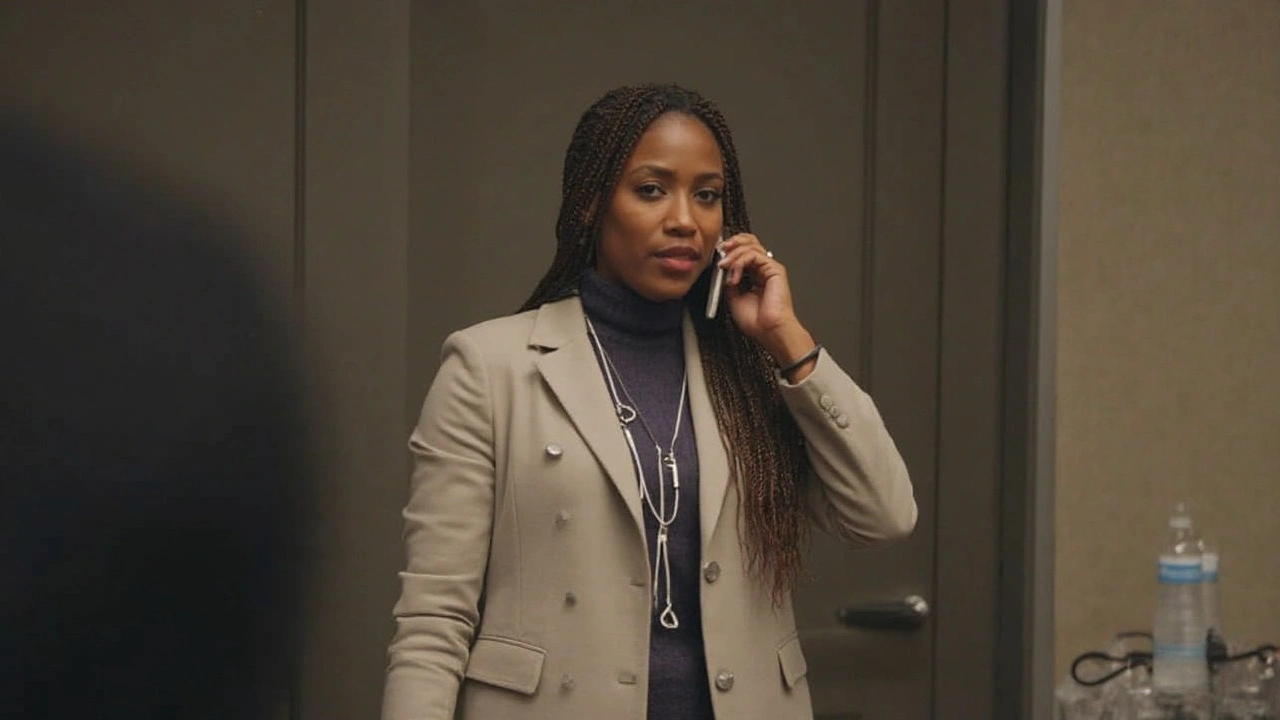What Is Factional Conflict and Why Does It Matter?
Factional conflict happens when groups within a larger organization or community start clashing over power, ideas, or control. It’s like when teams on the same side start fighting among themselves. You see this a lot in politics, workplaces, and even sports clubs. These conflicts can disrupt progress and create lasting divisions if not handled well.
Why does this happen? Often, it’s about competing interests or different visions for the same group. When people feel threatened or ignored, tensions rise, and factions push harder to get their way. Sometimes the struggle is over leadership or resources, but it can also be about values or strategies.
Real Examples You Might Recognize
Look at politics, where factional conflict is pretty common. The recent Senate attempt to push for reinstating an impeachment in Kenya shows a clear clash between political factions. Here, the Senate and Governor Mwangaza are at odds, each claiming the other is overstepping. These clashes don’t just stay within courtrooms – they ripple through communities, influencing public trust and governance.
Another example is in football clubs, where disagreements between managers, players, and boards can lead to faction fights. Sometimes these internal splits impact team performance or even affect transfers and contracts. It’s a reminder that factional disputes aren’t just political—they can happen anywhere people share power.
How Can We Deal With Factional Conflicts?
Facing factional conflicts means stepping back and listening. Effective communication and finding common goals can stop fights from spiraling out of control. Leaders who promote inclusivity and fairness help bridge divides. When groups understand each other's concerns and work toward shared ambitions, faction wars slow down.
At the community level, keeping channels open between rival factions helps avoid misunderstandings that fuel conflict. Sometimes, bringing in neutral mediators or setting clear rules for decision-making prevents power grabs and builds trust. At the core, dealing with factional conflict means remembering you’re stronger working together than tearing each other apart.
Curious about how factional conflicts play out in your favorite football leagues or politics? Keep an eye on South Africa Buzz News for the latest stories and insights on this topic and more from all around Mzansi.

Duduzile Zuma-Sambudla's Controversial Comments Stir Internal Strife in MKP
Duduzile Zuma-Sambudla has ignited a fierce debate within the uMkhonto weSizwe Party (MKP) by harshly criticizing Floyd Shivambu from within her own faction. Her refusal to apologize exposes deep divides, with expulsion looming as a possibility. Jacob Zuma publicly criticized her, highlighting the party's commitment to unity.